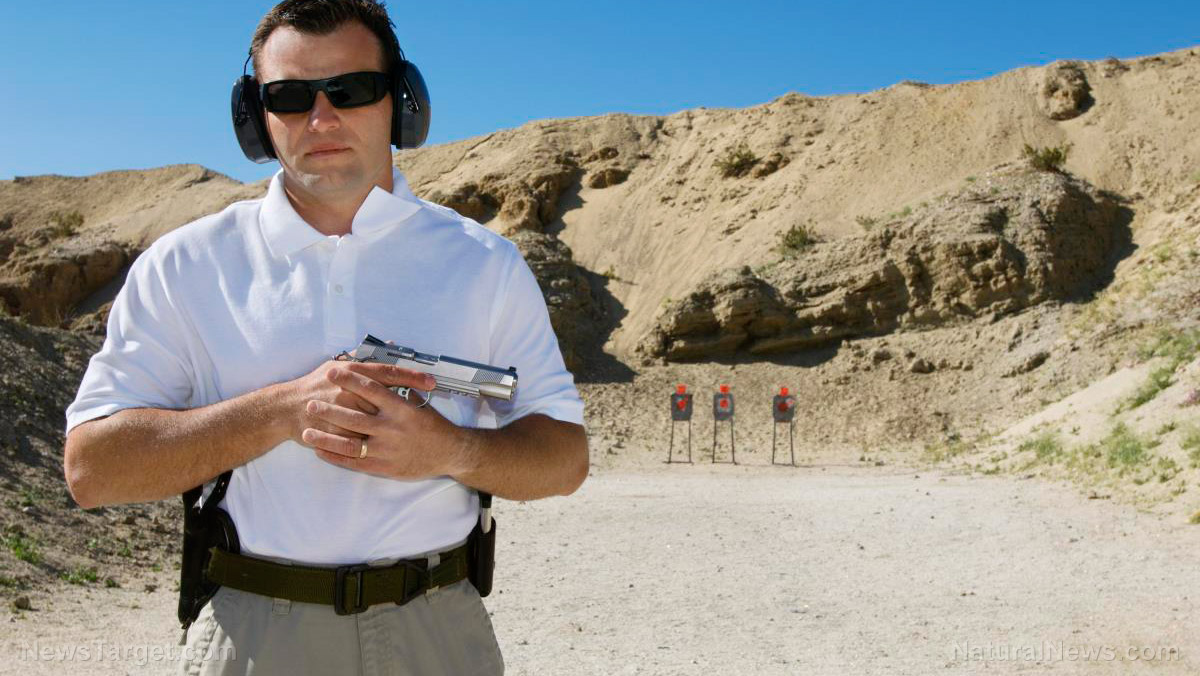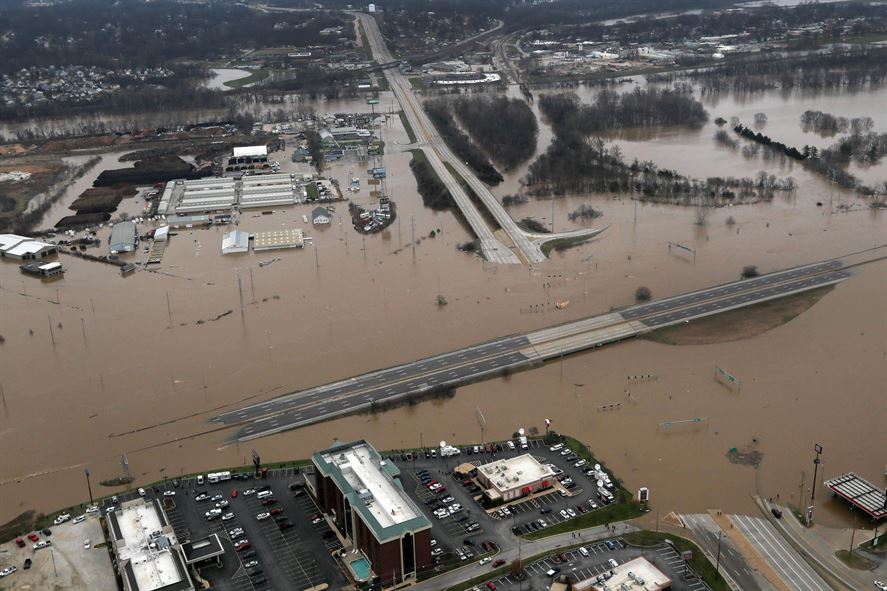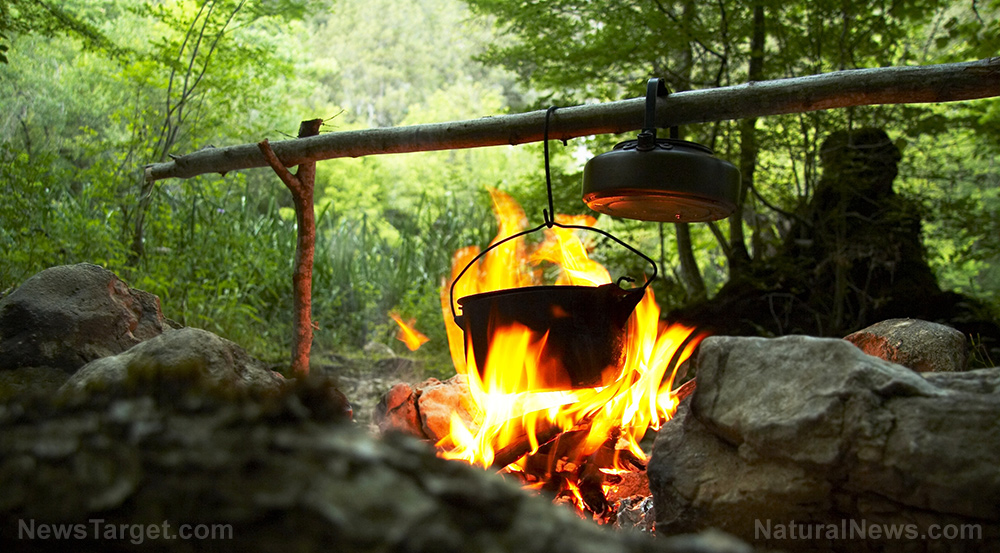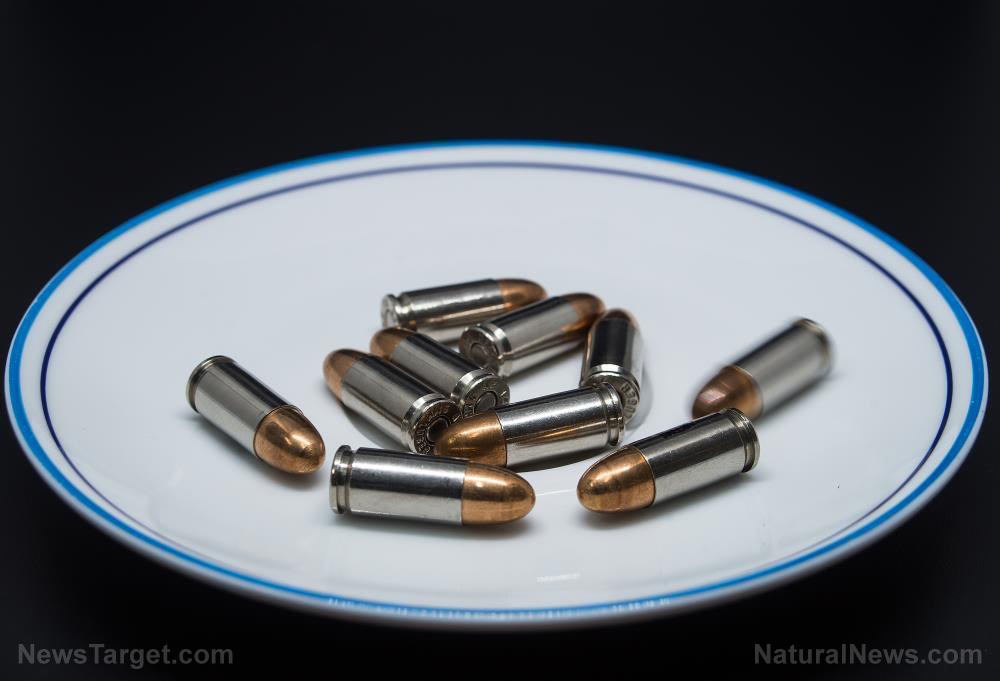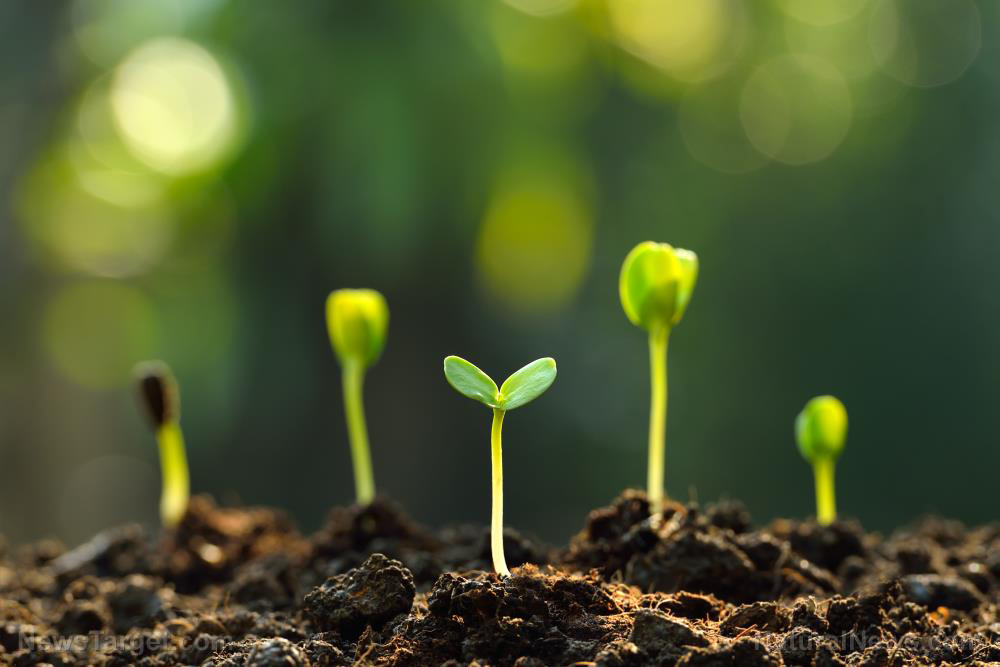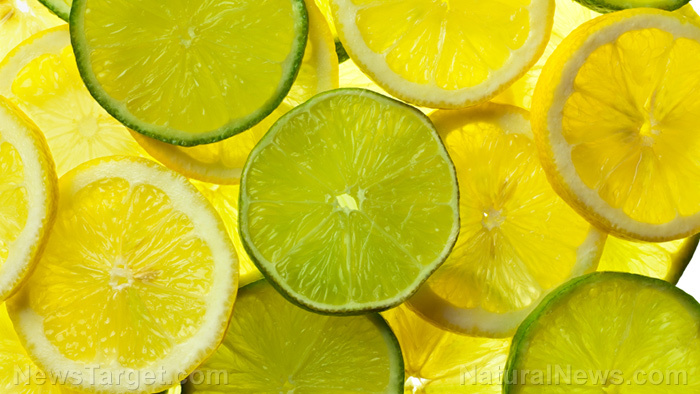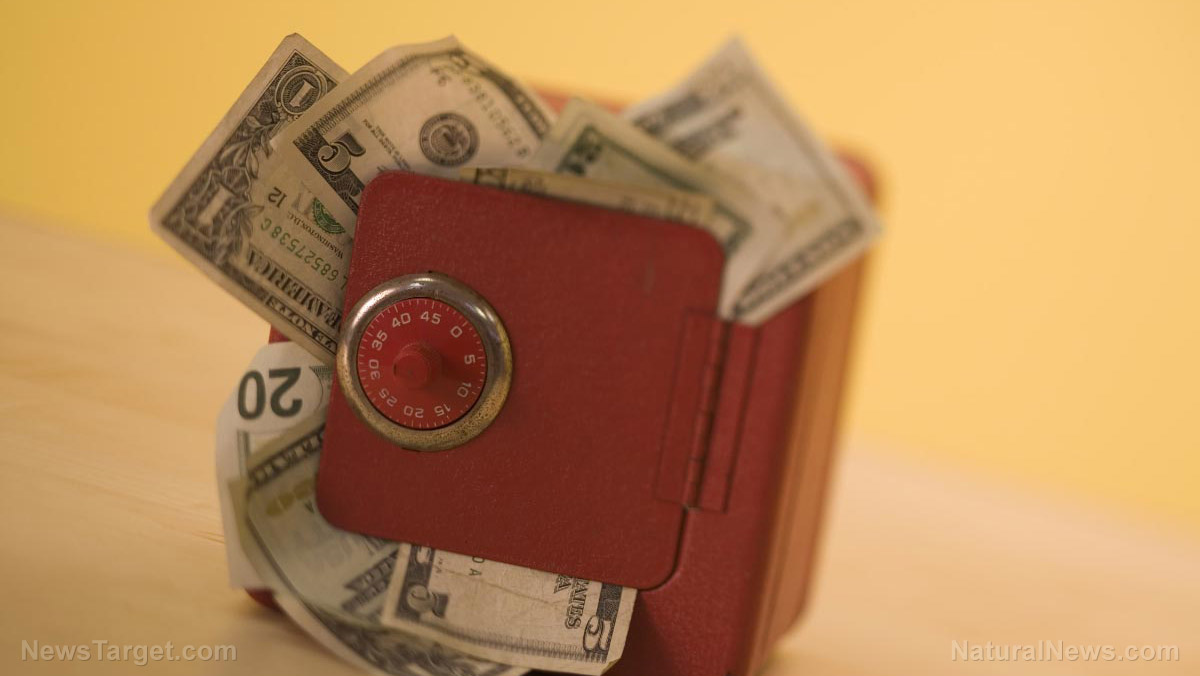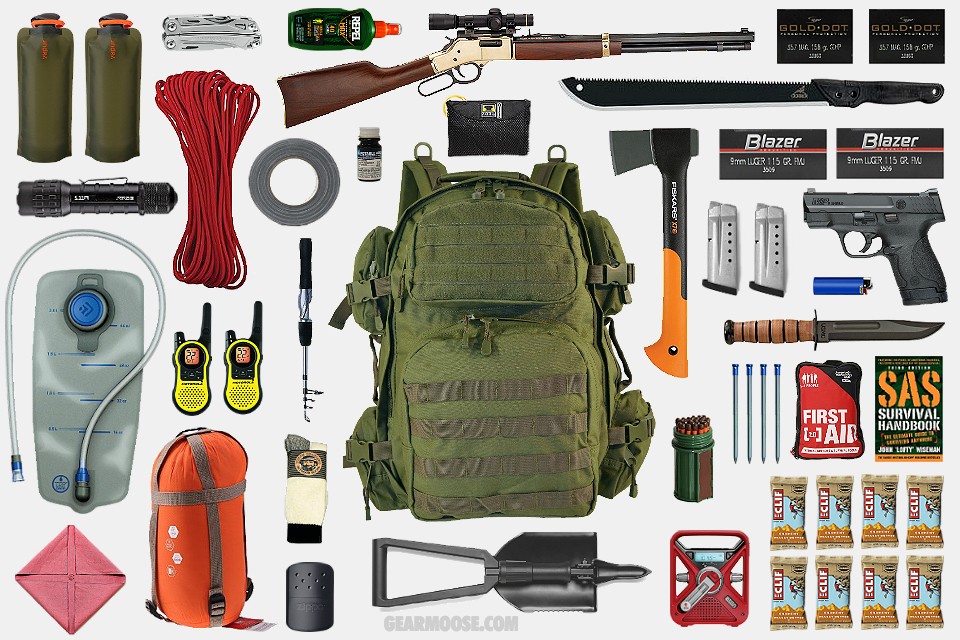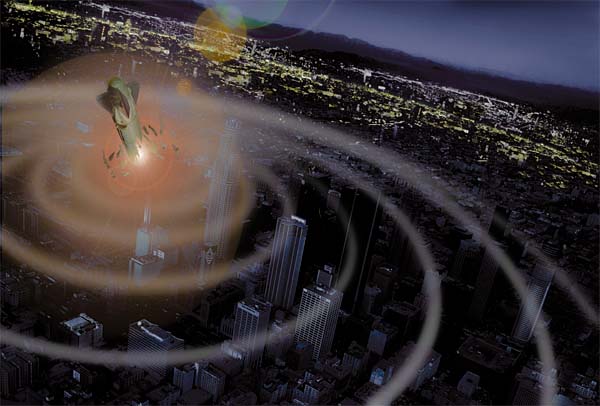How to vacuum seal foods for long-term preservation
04/18/2019 / By Zoey Sky

If you often have leftover produce after harvest season, it’s a good idea to invest in a vacuum sealer. This way, you can significantly prolong the shelf life of fruits and vegetables, so you have access to nutritious food even when SHTF. (h/t to PreppersWill.com)
The basics of vacuum sealing food
Vacuum sealing is a food preparation method that gives you access to nutritious produce even they’re not in season. This method preserves food by removing all the air from the jars to keep the moisture low – which helps to slow degradation and prevents the growth of microbes. It can also be used to preserve dry or powder ingredients.
You can preserve dehydrated vegetables using a canning jar. Just add an oxygen absorber, then seal the lid with a vacuum sealer to expand the vegetable’s shelf life. You can also fill it with homegrown produce, add an oxygen absorber packet or two, then attach the jar to a vacuum pump or put in the chamber that the vacuum pump is attached to.
Canning jar sealers have a special lid. These have a rubberized ring that creates the airtight seal in your jars. After you turn the pump on, the vacuum sealer will suck out most of the air to give the rubberized ring and the jar a satisfactory seal. The vacuum inside the jar will hold the ring and lid, preventing air from leaking in and spoiling the food inside.
You can vacuum seal dehydrated fruits and vegetables like:
Never vacuum seal a jar that contains wet food, like sauces, because they already have microbes that will rapidly spoil the food. Vacuum sealers will only extend the shelf life of foods that are already microbe-proofed. (Related: Tips for basic home food preservation and canning.)
The power of the elements: Discover Colloidal Silver Mouthwash with quality, natural ingredients like Sangre de Drago sap, black walnut hulls, menthol crystals and more. Zero artificial sweeteners, colors or alcohol. Learn more at the Health Ranger Store and help support this news site.
How to microbe-proof food
Here are two methods that will keep your food microbe-free.
- Dehydration – Dehydration removes the water content in food, so microbes can’t grow. This isn’t required when vacuum sealing naturally dehydrated foods, like pasta and other dry goods.
- Pressure canning – Pressure canning heats the food to destroy microbes. When pressure canning, you use the same jars and lids when vacuum sealing, making it easier to preserve your favorite foods. As the jars cool, the contraction of the air acts as a partial vacuum that holds the lid on to the jar and seals it.
Aside from dehydrated fruits and vegetables, you can vacuum seal nuts and other naturally dry foods to extend their shelf lives.
How to vacuum seal food in jars
Follow these steps to vacuum seal food for your survival stockpile.
- Fill clean jars with the food you want to vacuum seal. Carefully pour the food into the jar and pack as much as will fit in the jar to reduce how much air the pump needs to remove.
- Add an oxygen absorber pack or two, depending on the instructions that come with your vacuum sealer, to extend the shelf life of the food even further.
- Clean the rim of the jar. Don’t use a jar with cracks, nicks, or particles of food. Jars with defective lids won’t seal properly. Check if the rubberized seal is clean and smooth, then screw the lid on the jar.
- Place the suction cup on the lid of the jar, then turn on the pump on the vacuum sealer.
- Once you’re done, pull up gently on the lid. The suction should hold it down tight.
- Label and date the jar of food.
When stored, frozen food usually lasts about six to 12 months. However, vacuum sealed frozen food will last for as long as two to three years.
Most vacuum sealed foods will last in your fridge for one to two weeks, while food stored conventionally only lasts for about one to two days.
For best results, store your jars away from direct light. Store vacuum sealed jars in a room with a cool, steady temperature such as a dry basement because moisture may cause rust to form on jar lids.
By vacuum sealing food, your family can eat nutritious fruits and vegetables even when they’re not in season.
Sources include:
Tagged Under: Food Preservation, food safety, Food storage, food supply, freezing, home food preservation, homesteading, long-term food preservation, off grid, prepping, preserving food, proper food preservation, survival, survival food, vacuum sealing


